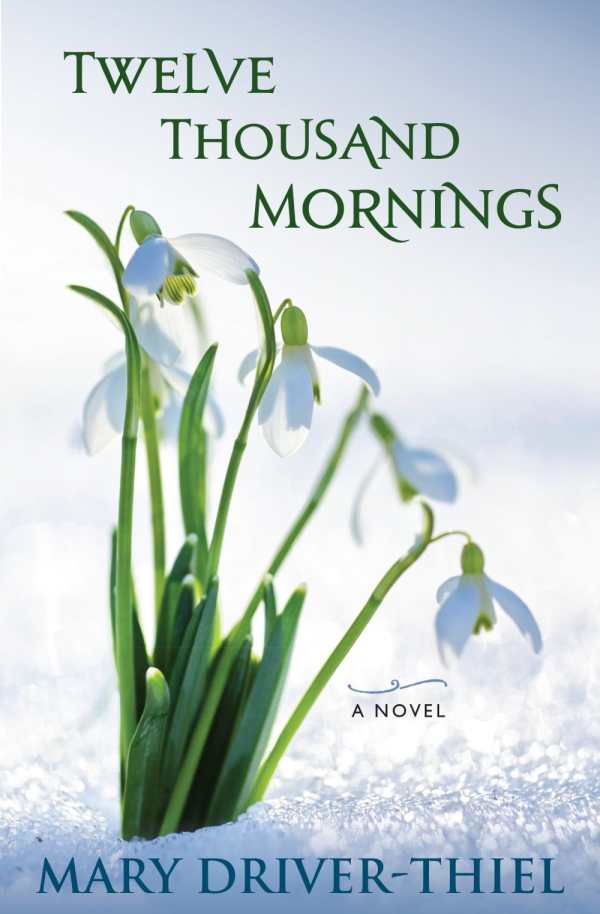Twelve Thousand Mornings
Through the process of building a B&B, Anne builds bonds with estranged family members and rebuilds her life from the inside out.
Is it ever too late to change your life? How does one face the past when the reality of it was so painful as to be buried in denial? These are the primary questions facing the protagonist in Mary Driver-Thiel’s Twelve Thousand Mornings.
In order for Anne Bennett to be shaken out of complacency, she must lose everything. After thirty years spent in a marriage of polite civility and riches, her husband dies and leaves her in disgrace. With a business accused of fraud, Anne is left with nothing. Her choices are limited—staying with a sister she hasn’t spoken to in years, or accepting help from the estranged daughter she neglected. At fifty-six, with no skills or close friends and a sealed-off emotional life, it is through destitution that Anne reassesses the life she’s led. Her search for connection, forgiveness, and redemption drive this story.
A first-person narrative reveals Anne’s reflections, from her critical and condescending outlook to a life of self-examination. The rebuilding of her life is symbolized by her efforts to help her daughter rebuild a dilapidated home into a B&B. It is through this effort—manual labor included—that Anne builds bonds with her daughter, grandson, and new love interest.
Driver-Thiel’s writing flows as she effortlessly carries forward the action of the story, conveniently following the progress of the B&B. It’s hard, though, to accept the underlying premise that Anne spent thirty years repressing all emotion and connections to people around her. Love and its loss are the culprits, but were travel, shopping sprees, and dinner parties really enough to carry her through with a husband she barely knew? Despite this, Anne is a character one can sympathize with.
The story will be satisfying for those who believe true love never dies, that people can change, and that underneath a cold exterior lies a soul worthy of forgiveness and happiness.
Reviewed by
Felicia Topp
Disclosure: This article is not an endorsement, but a review. The publisher of this book provided free copies of the book to have their book reviewed by a professional reviewer. No fee was paid by the publisher for this review. Foreword Reviews only recommends books that we love. Foreword Magazine, Inc. is disclosing this in accordance with the Federal Trade Commission’s 16 CFR, Part 255.

